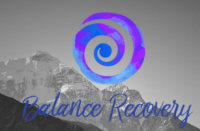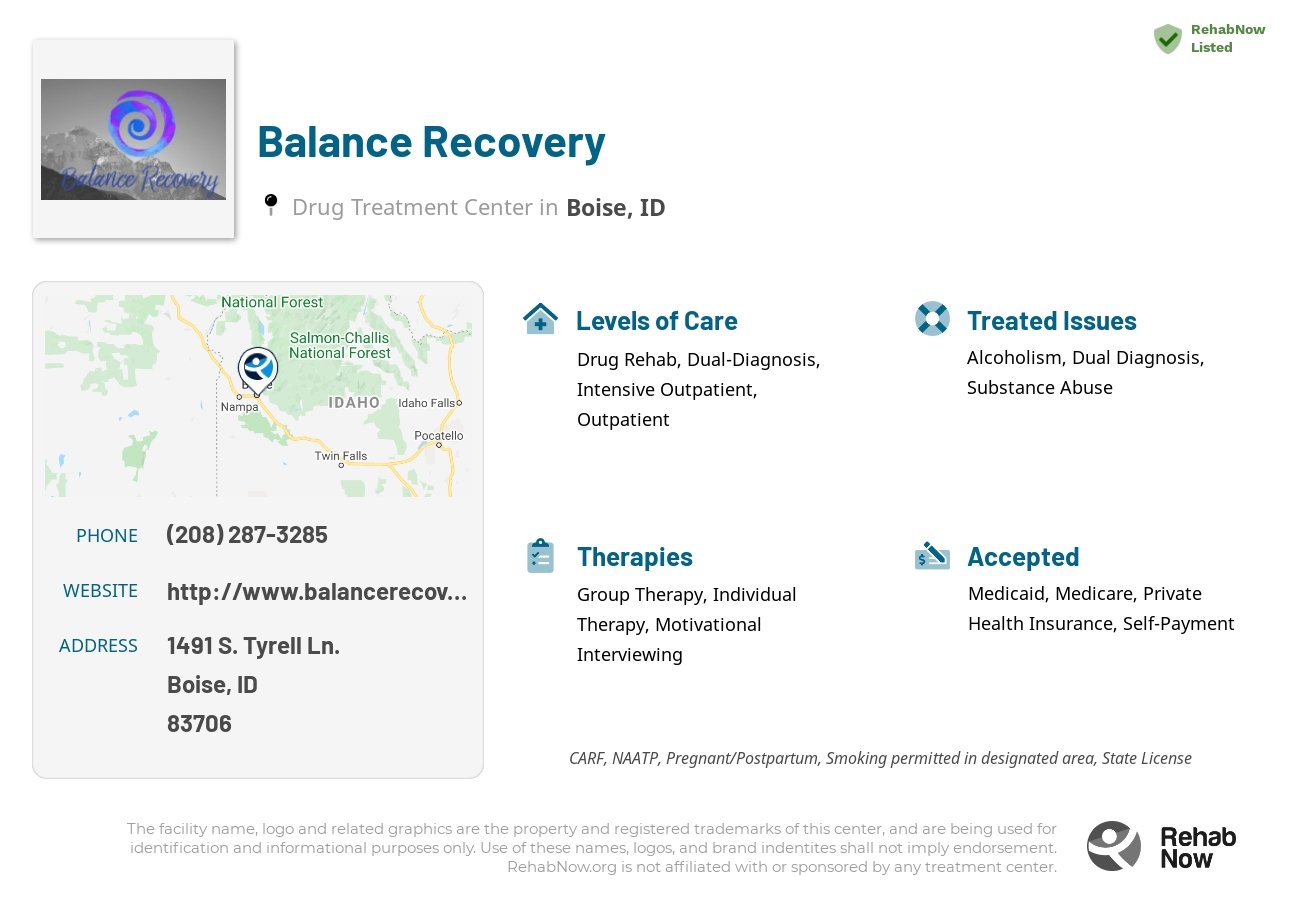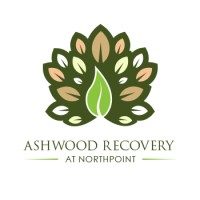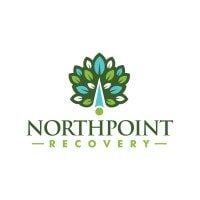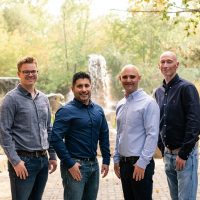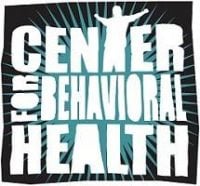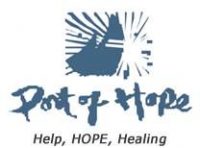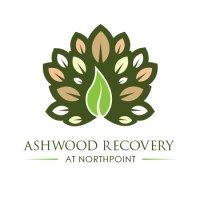Balance Recovery
Drug Rehab Center in Boise, Idaho
Balance Recovery, located in Boise, Idaho, is an addiction treatment facility that offers a continuum of care to help individuals and families suffering from alcoholism, substance abuse, dual diagnosis, drug addiction, and opioid addiction, including detox, aftercare, and addressing underlying mental health issues. They offer evidence-based services and have earned accreditation by CARF.
About
Balance Recovery, formerly known as Sage Recovery, is a substance abuse treatment center located in Boise, Idaho. This facility focuses on providing outpatient care for adults struggling with addiction and co-occurring mental health disorders. With a history of serving the community, Balance Recovery aims to help individuals achieve lasting recovery and improve their overall well-being.
- Comprehensive outpatient care tailored to individual needs
- Specialized treatment for co-occurring mental health disorders
- Accessible location in Boise, Idaho
- Commitment to helping adults overcome addiction and maintain sobriety
Accredited by the Commission on Accreditation of Rehabilitation Facilities (CARF), Balance Recovery offers a range of services to support individuals on their path to recovery. Their team of experienced professionals works closely with each client to develop a personalized treatment plan that addresses their unique challenges and goals.
At Balance Recovery, individuals can receive treatment for various substance abuse issues, including alcoholism, drug addiction, and opioid addiction. The facility offers multiple levels of care, such as intensive outpatient programs, outpatient programs, and aftercare support. These options allow clients to engage in treatment while maintaining their daily responsibilities. Additionally, Balance Recovery provides dual-diagnosis treatment for individuals dealing with co-occurring mental health disorders, ensuring a comprehensive approach to recovery.
Genders
Ages
Modality
Additional
Accreditations

CARF
The Commission on Accreditation of Rehabilitation Facilities (CARF) is a non-profit organization that specifically accredits rehab organizations. Founded in 1966, CARF's, mission is to help service providers like rehab facilities maintain high standards of care.
Conditions and Issues Treated
Recovering from substance abuse is an essential part of a healthy life for many people. It’s a long and challenging process, but it can be worth it in the end if you manage to get through all parts. Detoxifying your body, rehabilitation after that time passes or when needed (depending on what type), and then recovery while also receiving therapy support throughout this entire process.
A standard route to starting recovering from substance abuse and addiction is through a detoxification center. There you can completely heal your body and mind and continue on the path of recovery without feeling any of the lingering effects of substances.
A person who struggles with addiction and a mental health condition suffers from a dual diagnosis. This means that they have two issues that must be treated. The specific mental health issues that the patient at Balance Recovery might have include but are not limited to:
- Depression
- Bipolar Disorder
- Anxiety
- PTSD (Post Traumatic Stress Disorder)
The specific addiction issues that the patient might have include but are not limited to:
- Alcoholism
- Drug Addiction (i.e., Cocaine, Meth, and other stimulants, Marijuana, and Ecstasy)
The combination of the two illnesses can be tough to treat. Taking care of one or the other is tough, and taking care of both cannot be done alone. A patient who receives dual diagnosis treatment will be given the best chance at becoming sober.
Levels of Care Offered
This center offers a variety of custom treatment tailored to individual recovery. Currently available are Drug Rehab, Dual-Diagnosis, Intensive Outpatient, Outpatient, with additional therapies available as listed below.
Intensive Outpatient Programs are similar to partial hospitalization, but they don’t require the patient to go home each night.
This means that while they have to attend meetings and receive other types of help at the facility, addicts are allowed to keep their jobs or continue with school without having to miss their classes or work opportunities. This is a great option for those who can’t take time away from their jobs or schedules to attend a treatment program.
During this type of program, the addict will be required to meet with counselors and other types of professionals throughout the day. This will help them stay on track and prevent them from relapsing after they leave the facility.
An outpatient treatment program is set up to help with alcohol or drug addiction or a co-occurring disorder. The treatment must attend the treatment facility for their therapy and other programs but return home each night. The frequency of mandatory attendance decreases after much of the treatment program is complete. The treatment programs are monitored by the treatment facility and case managers who work for a judge or judge’s office. A treatment program may be performed out of a treatment facility, treatment clinic, or treatment center.
The benefits of outpatient treatment programs are many. One of the most beneficial treatment programs is that it allows treatment for clients who cannot afford or may not be able to attend treatment at a treatment facility, treatment center, or treatment clinic full-time. Another benefit of treatment programs is that they reduce crime rates because treatment allows people to treat their addiction.
Therapies & Programs
Individualized Treatment is essential because it gives addicts the ability to participate in a program that meets their unique needs. An addict should work with professionals who understand what they’re going through, especially if the addict is actively using. Finding the right treatment program for an addict is difficult, but it’s even harder without communicating with those who have experience treating your specific situation.
Group therapy sessions provide recovering addicts with a chance to cope with everyday situations that many face. Group therapy sessions are held in rehab facilities, clinics, churches or community centers that offer drug addiction treatment.
People who attend these groups are encouraged to voice their feelings and support other addicts in recovery. This helps group members strengthen their own recovery program while cheering on others who are struggling with sobriety.
Cognitive Behavioral Therapy (CBT) is a highly effective treatment option based on the idea that how we feel, think and act all interact together. Our thoughts determine our feelings and behaviors; our feelings affect our thoughts, and our behaviors change our thoughts and feelings. CBT helps people explore their thoughts for problems (or false beliefs) that influence their mood and actions. By examining their thoughts and beliefs, people can recognize distorted or irrational and modify them to more realistic, positive ones. CBT is very goal-oriented, which means that the therapist and patient work together on a specific problem while learning to become more adept at solving future problems.
CBT works well with a broad range of people, including those with depression, anxiety disorders, eating disorders, and problems with anger. In addition to helping a client focus on thoughts that can be changed, CBT also allows them to take an active role in their treatment. This is called a collaborative approach because both patient and therapist work together to produce the best possible results.
CBT is based on cognitive learning theory, which says that our behavior is a learned response to our environment. Cognitive refers to thoughts and beliefs, while behavioral relates to actions or deeds. CBT helps people learn ways of behaving to improve their quality of life by focusing on specific problems or goals they want to achieve. Sometimes, CBT is used alone; other times, it is combined with medications or brief counseling techniques such as solution-focused and motivational interviewing to achieve optimal results for the patient.
Payment Options Accepted
For specific insurance or payment methods please contact us.
Is your insurance accepted?
Ask an expert, call (888) 674-0062
Additional Details
Specifics, location, and helpful extra information.
Boise, Idaho 83706 Phone Number(208) 287-3285 Meta DetailsUpdated April 15, 2024
Staff Verified
Patient Reviews
There are no reviews yet. Be the first one to write one.
Boise, Idaho Addiction Information
In 2010, Idaho ranked amongst the top ten states of substance abuse in several categories. Alcohol dependence and abuse pose a major problem throughout the state, especially among minors between the ages of 12 and 17 years old. Opioids, like everywhere else in the nation, are also responsible for many substance abuse problems in the Gem State.
The severity of drug addiction in Boise, ID, is considered to be a serious problem. According to statistics, about 23% of people in Boise, have ID and abuse drugs. In 2017, 1 in 10 high school students reported using an illicit drug other than marijuana. Treatment options vary in terms of length, intensity, and cost, so it is important to do your research to find the best fit for your needs.
Treatment in Nearby Cities
- Heyburn, ID (141.5 mi.)
- Pocatello, ID (194.6 mi.)
- Hayden, ID (290.0 mi.)
- Salmon, ID (157.2 mi.)
- Kuna, ID (14.0 mi.)
Centers near Balance Recovery
The facility name, logo and brand are the property and registered trademarks of Balance Recovery, and are being used for identification and informational purposes only. Use of these names, logos and brands shall not imply endorsement. RehabNow.org is not affiliated with or sponsored by Balance Recovery.
